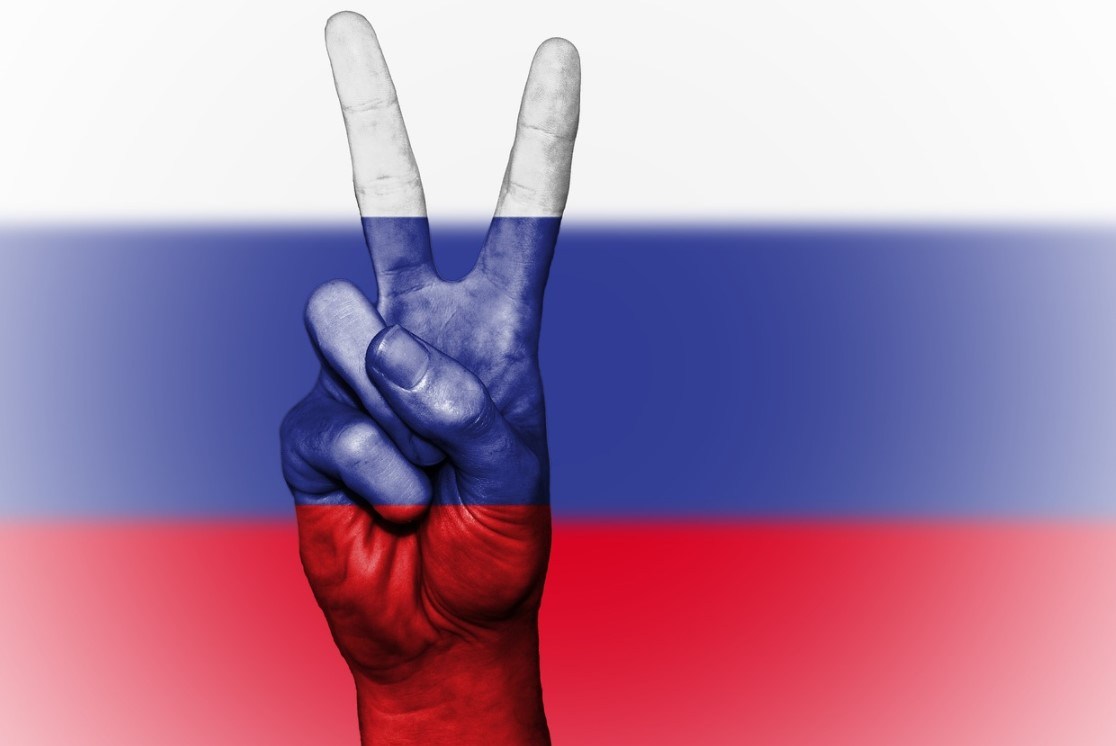 Following Russia’s invasion of neighboring Ukraine in February, life in both countries has changed.
Following Russia’s invasion of neighboring Ukraine in February, life in both countries has changed.
While Ukrainians fight for their freedom, Russian citizens must deal with the effects of sanctions and other restrictions.
Many large companies, including those in the entertainment industry, support sanctions. For example, major Hollywood players and streaming services voluntarily pulled out of the country.
These actions are a direct hit to the multi-million dollar revenues of these companies, as expected. However, it appears that the effect on Russian citizens is less severe. Apparently, many people are turning to piracy instead and even some local cinemas have followed suit.
As we have documented previously, more than a hundred Russian movie theaters have started to show pirated movies in Russia in response to the sanctions. While clearly illegal, the chairman of the Russian Association of Cinema has sympathy for the plight of these struggling theater owners.
The Russian Government has also made matters worse for US copyright holders. A few months ago, it proposed a ‘forced licensing’ bill that would effectively legalize piracy of media produced by “unfriendly” states, including the US.
U.S. Copyright Groups Conerned
These developments are causing concern among organizations such as the IIPA, which counts the MPA, RIAA, and ESA among its members. The group recently shared its thoughts with the US Trade Representative for its annual review of Russia’s World Trade Organization (WTO) obligations.
The submission highlights the ever-present piracy problem and several areas where Russia can improve its intellectual property enforcement. That includes more criminal proceedings, where possible.
“The harm caused by commercial-scale piracy in Russia cannot be adequately addressed with civil measures alone; rather, enhanced administrative actions and penalties and criminal remedies are needed,” IIPA writes.
These demands are not new but may seem odd, considering the tensions between media companies in Russia. IIPA is aware of this but believes that it’s important to keep the focus on copyright issues despite the conflict and sanctions.
Legalizing Piracy?
That said, Russia’s response to the sanctions hasn’t gone unnoticed. Specifically, a bill that would allow Russian companies to obtain licenses for copyrighted content against the will of US companies is seen as a grave concern.
“[I]t has been recently reported that the Government of Russia is drafting legislation that, if enacted, would drastically undermine exclusive rights,” IIPA writes.
“As U.S. industries have suspended operations in Russia in the wake of Russia’s invasion of Ukraine, such a bill, in effect, would legalize piracy of copyrighted materials owned by U.S. rights holders, in clear violation of Russia’s WTO obligations — essentially amounting to state-sanctioned IP theft.”
Pirating Cimemas
The fact that many Russian cinemas have resorted to piracy to show the latest blockbusters is also mentioned. These films are often presented as “private club” events that are organized by third parties. However, that’s just a trick to avoid liability, rightsholders believe.
“Unfortunately, third party operators have recently begun organizing illegal screenings of U.S. films in theaters throughout Russia,” IIPA notes.
These cinemas reportedly source their content from pirate sites. This includes dedicated Russian Digital Cinema Packages that are openly shared online.
Due to tensions between the West and Russia, anti-camcording enforcement is not a key priority either. If cinemas are also engaging in piracy, they won’t be motivated to stop moviegoers from doing the same.
“The content shown at these illegal screenings are sourced from pirated Digital Cinema Packages (DCP) that are illegally distributed online. Moreover, there is evidence of camcording occurring at these illegal screenings, compounding the harm.”
Overall, the submission makes it clear that US copyright holders remain very concerned about Russia’s stance toward copyright infringement. While the country has many other issues to deal with right now, it should not ignore its WTO commitments, IIPA stresses.
—-
A copy of IIPA’s response to USTR’s request for comments concerning Russia’s Implementation of its WTO Commitments is available here (pdf)





